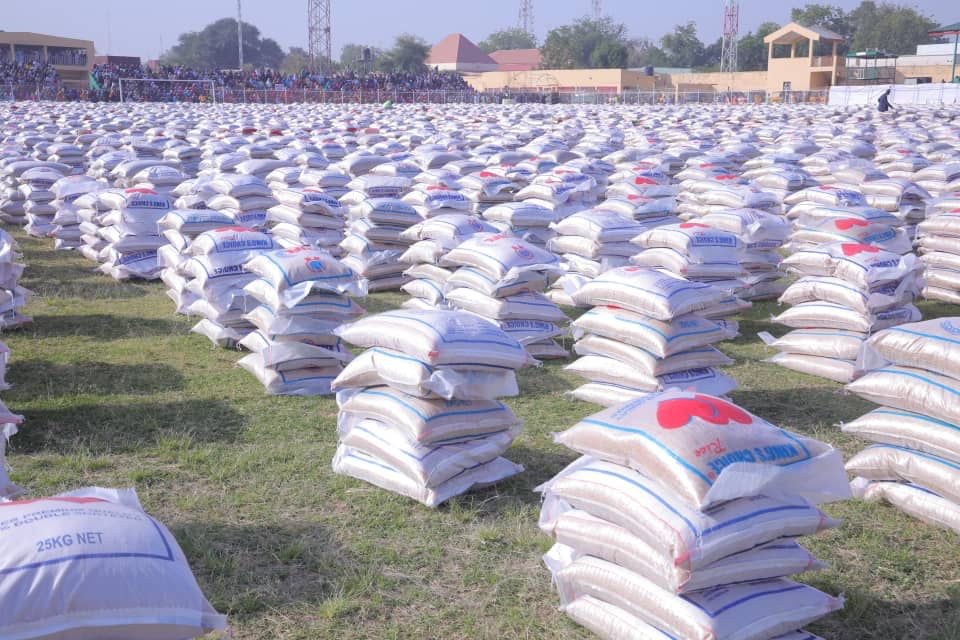‘Palliatives Will Not Address Food Inflation’ – Experts

Agriculture experts have outlined why the Federal Government’s food palliatives are failing to address Nigeria’s escalating food prices.
Speaking to journalists in Lagos on Sunday, they highlighted various issues and offered alternative solutions.
The Federal Government had pledged to distribute staple food items to underprivileged households across Nigeria’s 36 states and the Federal Capital Territory to combat rising food inflation.
However, Akin Alabi, an agriculture expert and co-founder of Corporate Farmers International, criticised this approach, noting that it barely scratches the surface of the problem.
“Nigeria has a population of over 200 million people. The government can only provide for about 10% of households,” Alabi said. “The true impact of these palliatives is minimal. We need to address the cost of primary production by subsidising farm inputs and empowering farmers in both livestock and crop cultivation to enhance food security.”
Dr. Ismail Olawale, a strategic agriculture communication expert, pointed out the uncoordinated distribution of palliatives as a major flaw.
“The distribution system is inconsistent, with reports of cash and foodstuff palliatives given out separately without clear evidence of their impact on food prices,” Olawale said.
He called for transparent and fair distribution processes, free from political favouritism, and stressed the importance of monitoring for effective impact.
Omotunde Banjoko, an agriculture analyst and farmer, emphasised the need for sustainable solutions to address food inflation.
“The root causes of the current food crisis must be addressed. Ineffective distribution of palliatives, such as sharing a half bag of rice among 300 people, cannot solve the problem,” Banjoko said.
He highlighted issues like farm insecurity, inadequate funding, and the need for farm equipment leasing to boost food production.
Banjoko also advocated for youth inclusion in agriculture, the implementation of proper agricultural policies, the establishment of commodity boards to regulate prices, and the recapitalization of the Bank of Agriculture to provide zero-interest loans to farmers.
“We need to improve our agricultural value chains and storage facilities,” he said.
“Palliatives are not the solution to food inflation; we must address the real issues and stop wasting resources.”



